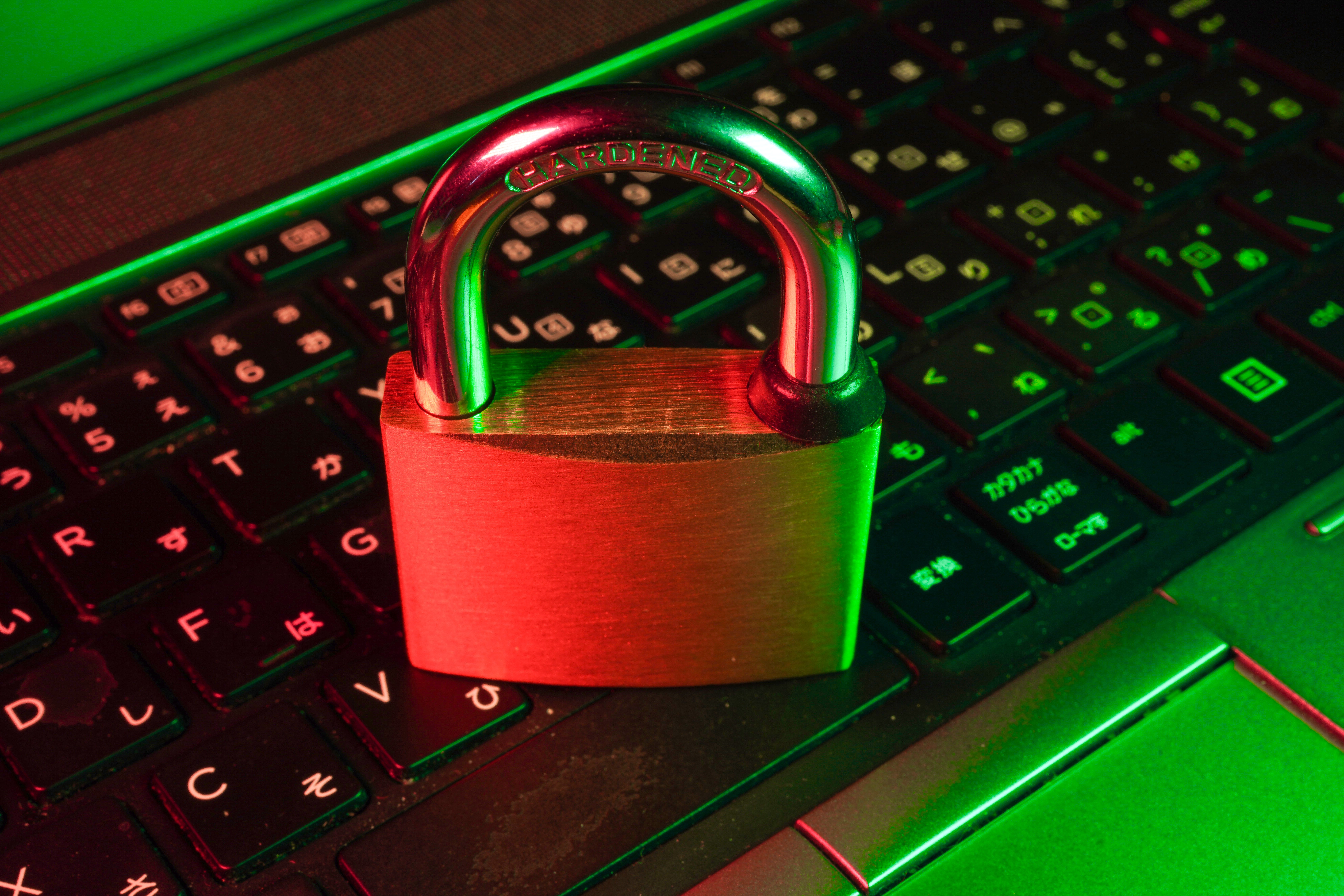How Is Blockchain Used In Food Safety?
It’s pretty tough out there at the minute. There’s a seemingly never-ending set of challenges facing the supply chain and putting everyone on the back foot. This has unfortunately meant that food safety has been compromised, as workers are being pushed to their limits and processing facilities are at capacity.
Thankfully, technology has empowered the supply chain and is already helping to restore a sense of normality. We expect to see technology adoption increase dramatically over the next few years as businesses attempt to become more resilient in the face of unexpected challenges.
Blockchain is just one technology that has been introduced into the supply chain to help combat the current pain points.
The blockchain is a data structure that allows users to create immutable digital ledgers that can record a range of data. Data is stored in a decentralized ecosystem that sees information spread across the network, making it impossible to access without specified permissions.
While the technology is synonymous with cryptocurrency, it has a wide range of applications, including food safety. It’s already being used by food and beverage companies to improve food safety throughout the supply chain. In this article, we’re going to take a look at how blockchain can be used in food safety.

How is blockchain used in food safety?
The blockchain has the potential to revolutionize the global food supply chain. There’s a whole bunch of benefits for businesses and customers alike that can be gained from incorporating the blockchain into what we do, but the biggest benefit is how it improves traceability.
Data needs to be recorded at each point in the supply chain to allow manufacturers, retailers, and customers to identify where their food has come from and where it has been on the journey from farm to fork. This data needs to be carefully managed to ensure it stays accurate to prevent public health incidents and food fraud.
By using the blockchain and IoT devices, the entire tracking process can be automated. Data can be recorded to the blockchain from the second a truck crosses the threshold of the building it’s delivering to.
A simple barcode can also be used to track, record, and read data through a handheld device. Thanks to the blockchain, businesses can be certain the information they receive regarding their shipments is accurate and up-to-date.
Let’s take a bit of a deeper dive into exactly how blockchain can help improve food safety.
Provides transparency
When looking at food safety, one of the primary concerns is knowing exactly where the food has been on its journey. By knowing where the food has come from, where it’s been, how long it has been at each location, and how it has been stored each step of the way, operators are able to ensure the safety of the food far more easily.
Unfortunately, current practices mean that transparency within the food supply chain comes at a premium for both customers and businesses alike. However, blockchain technology can go some way to addressing this cost.
While the initial investment may be difficult to stomach for some operators, the blockchain can actually help businesses save money on their search for true transparency. Pairing IoT technology with blockchain allows businesses to track their shipments across the globe with one quick scan.
Rather than dedicating teams and resources to tracking operations, information can be recorded and obtained within seconds. As the product is scanned, it updates the blockchain ledger with as much information as you need to ensure ultimate transparency. This can include anything from the basics such as location and time, to in-depth information such as weather and storage conditions.
Improves security
Believe it or not, food fraud does happen, and it happens more than you might think. It’s a seedy underground operation that is estimated to cost between $10 - $15 billion per year.
A common example of food fraud is the advertising of pure products that are actually mixed with other, cheaper products. This usually means that customers and businesses are paying more for these items while the manufacturer pockets the difference.
While most of the damage is financial, food fraud doesn’t just affect our bank accounts. Food fraud can lead to public health issues, and in the worst cases, death.
In 2008, manufacturers in China added melamine (a synthetic chemical often used in plastics that has a high nitrogen content) to infant formula to make it seem like their products had more protein than the children were actually getting. This tragically led to kidney failure in babies, with news outlets reporting over 300,000 illnesses, 50,000 hospitalizations, and at least 6 deaths.
It is hoped that the immutable properties of the blockchain can significantly narrow the opening for fraudsters in the food industry. It is incredibly difficult to tamper with any information recorded on the blockchain, so you can be sure that info is reliable.
Allows for quick recall of contaminated food
Reducing the possibility of food fraud isn’t the only way blockchain is protecting consumers. It seems like we’re constantly seeing reports of E. coli outbreaks in the US, and each outbreak brings further fears surrounding the food we eat every day. Even major food chains like Wendy’s aren’t immune from being caught up in E. coli outbreaks.![]()
In cases like this, it’s essential that we can trace our food throughout the supply chain to see exactly where the contamination occurred. The sooner the source of contamination is identified, the sooner the issue can be contained. Production can be shut down, future shipments can be stopped, and products already in transit or at the store can be recalled to prevent further infection.
This is where blockchain really shines, as Walmart found when they used it to reduce their traceability times from just under a week to 2.2 seconds! This substantial reduction in the time it takes to see where our food has been sent has the potential to prevent public health crises and save lives.
Allows for supply chain streamlining
As we mentioned, the blockchain — when combined with IoT technology — can make tracking products through the supply chain a breeze. Rather than manually logging every single detail on a physical sheet, logistics companies can simply use a handheld barcode reader to add information to the product’s digital ledger.
These readers will connect to multiple systems to gather all the required information and log it on the blockchain. The whole transaction is automated, allowing those working in the supply chain to focus on other ways to improve their processes, which includes their safety protocols.
Limitations
Of course, nothing in this world comes problem-free. We spoke earlier about the substantial upfront costs involved in overhauling the supply chain. It’s going to take a worldwide effort that may cost the industry millions of dollars. While the benefits are obvious, not all businesses will be able to afford to modernize, especially in poorer countries that rely on exports to keep their economy afloat.
Analyzing data on the blockchain can be difficult, especially for newcomers to the technology. It may require a large retraining effort for businesses to get the maximum value from the blockchain.
Finally, as blockchain usage increases, there are worries that the system won’t be able to handle the volume of data required. Larger businesses also have security concerns about their data being spread across multiple points in a shared network, despite the added security layers.
At Buffalo Market, we want to empower your business with sustainable practices, which is why we’re such fans of the blockchain.
To see how blockchain-powered traceability can benefit your business, get in touch with us today!



